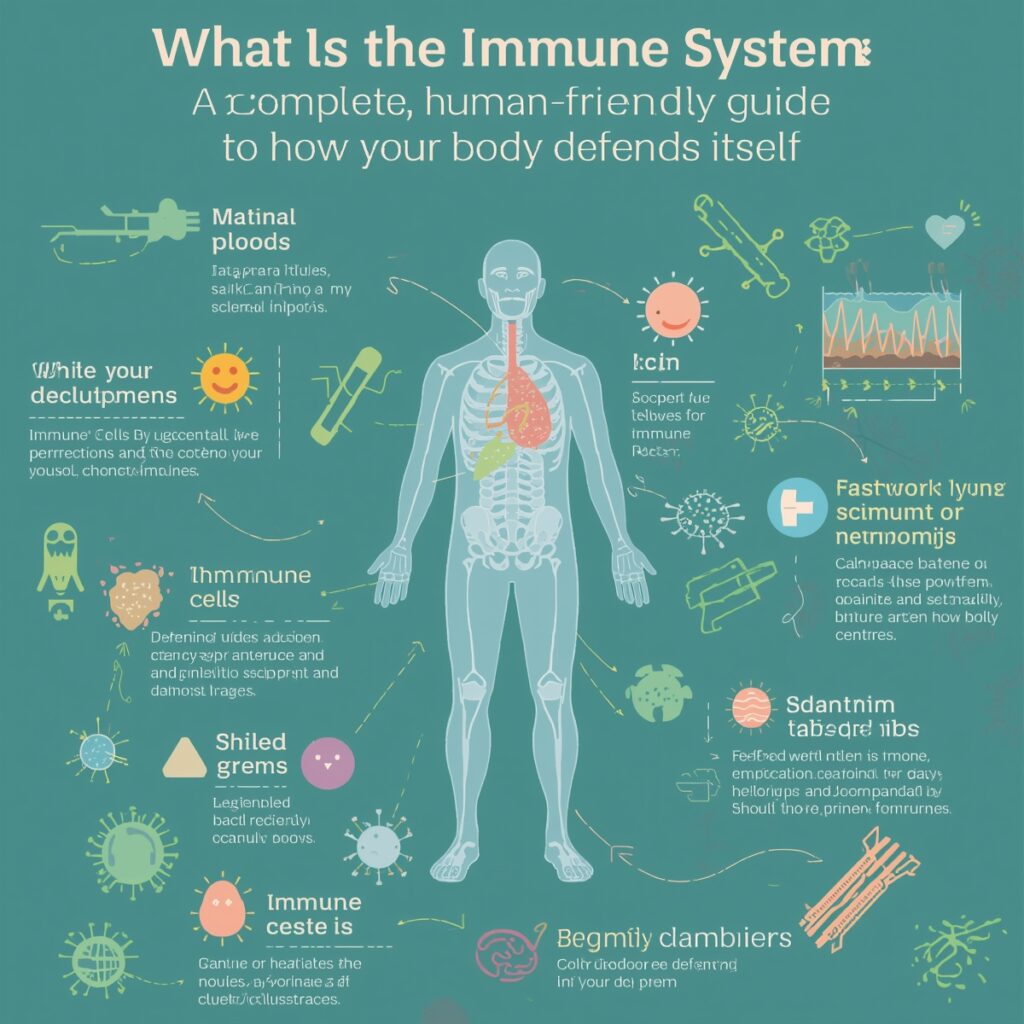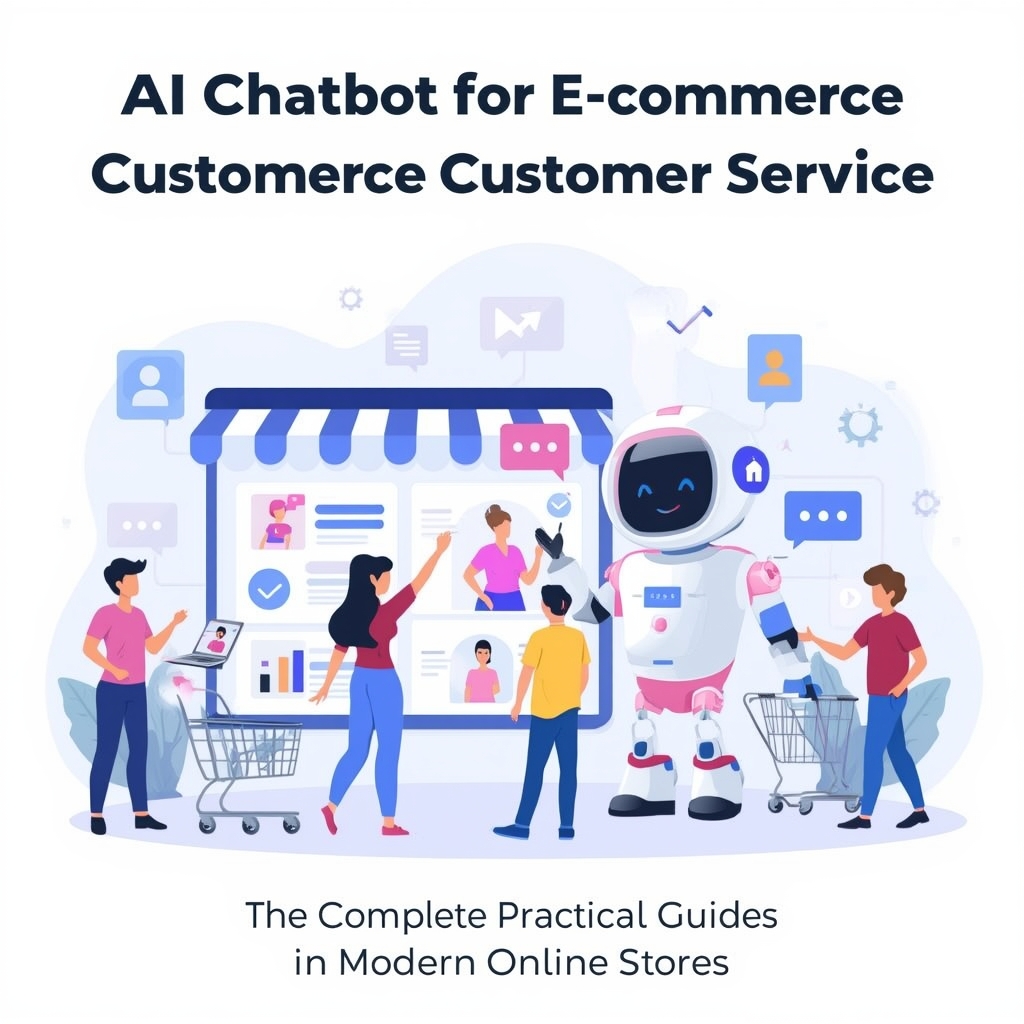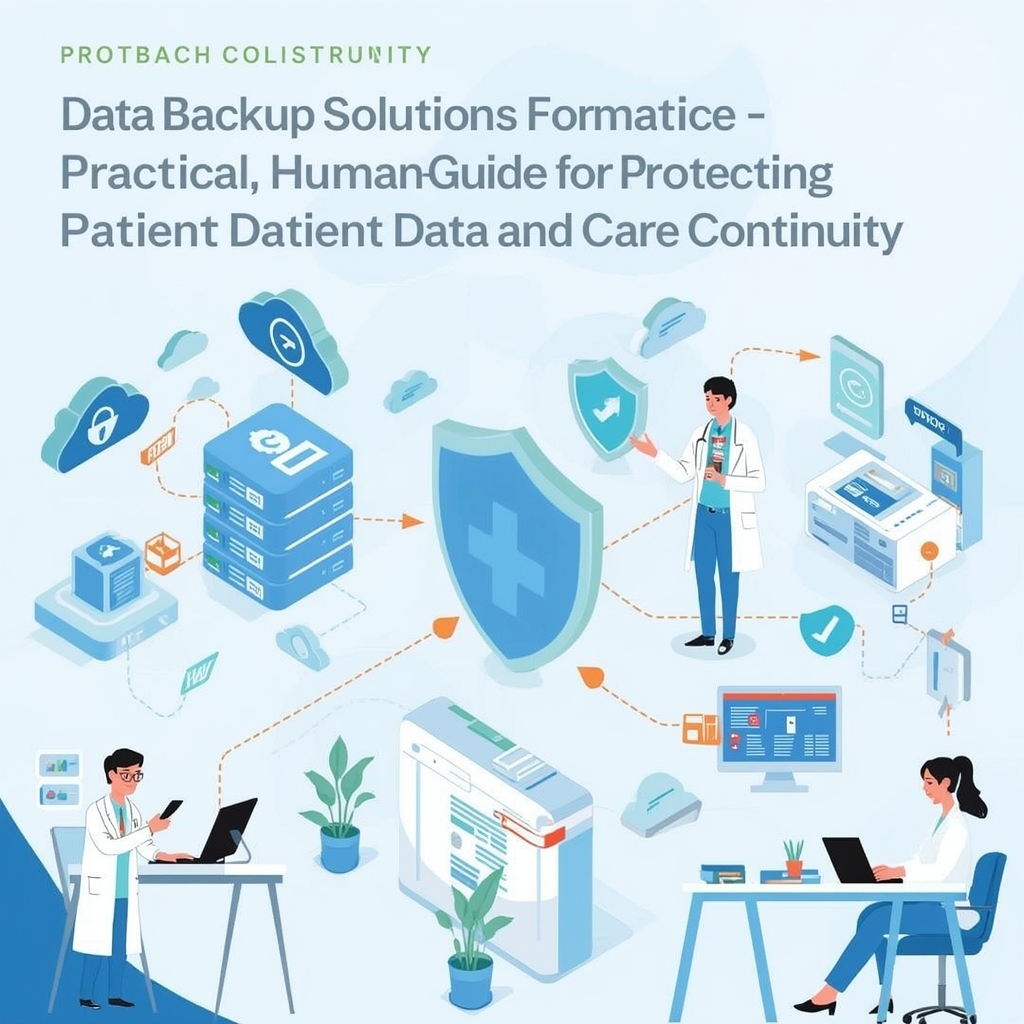How Can Individuals Protect Their Personal Information Online?
How can individuals protect their personal information online? It’s a vital question in today’s digital age. Drawing on over 12 years of research in privacy, cybersecurity, and technology ethics, I offer practical strategies rooted in real-world cases and expert studies. Start with strong, unique passwords, activate two‑factor authentication, and limit what you share on social media. Use encrypted messaging apps like Signal, access websites only via HTTPS and VPNs, and clear data broker exposure via removal tools. Let’s explore how these steps can help safeguard your identity—with confidence and clarity.
Why Privacy Protection Matters Now
Data breaches continue to surge: in 2024, over 276 million U.S. healthcare records were exposed or stolen—averaging more than 750,000 daily The HIPAA Journal. Companies like Allianz Life faced a breach affecting 1.4 million U.S. customers, triggering identity protection offers and FBI involvement, AP News.
Statistics highlight growing concern: 92% of Americans worry about online privacy, while 76% believe companies should do much more to protect their data Usercentrics. Yet 63% admit knowing little about current privacy laws Usercentrics. With 82.8% of Americans having had at least one account breached—many multiple times—protecting personal information is no longer optional.
Top Tips to Protect Your Personal Information
Strong Passwords & Two-Factor Authentication
Use unique, complex passwords—combining uppercase, lowercase letters, numbers, and symbols—and manage them with a password manager. Vendor advice like Chubb and FTC emphasizes password managers and frequent updates to avoid reuse vulnerabilities, chubb.com. Enable two-factor authentication (2FA) on critical accounts—email, financial, and health portals—to add a vital second layer of protection.
Beware of Phishing & Suspicious Links
Phishing remains a top attack method: carefully inspect emails or texts, avoid unsolicited attachments, and never click link-filled messages from unknown sources. Use tools like browser extensions and spam filters to flag suspicious websites and block phishing attempts.
Use Secure Devices, VPNs & HTTPS
Always use HTTPS when browsing, especially when logging in or entering personal data. Avoid public Wi-Fi—if needed, connect via a reputable VPN such as Proton or Surfshark to encrypt traffic. Keep your operating system, apps, and antivirus software updated to patch vulnerabilities and reduce cyber risk.
Limit Oversharing & Protect Social Media Privacy
Only share necessary information online. Avoid posting birthdates, contact details, or ZIP codes publicly. Regularly audit social media privacy settings, and consider removing inactive accounts altogether to reduce your digital footprint.
Remove Your Data from Broker Sites
Data brokers compile and sell personal profiles. Tools like DeleteMe, PrivacyBee, and Optery help remove your data from these databases to reduce exposure to fraud and identity theft, news.com.au.
Train Yourself: Raise Privacy Awareness
Research shows that students with higher privacy literacy use more protective behaviors—like VPNs, phishing avoidance, and multi-factor login—compared to those with low awareness arxiv.org. Educate yourself and others to foster safer online habits.
Balancing Protection with Usability
Technology can feel overwhelming—and in stressful times, technostress may arise when managing constant updates, passwords, and alerts. But simplicity helps: choose tools with user-friendly interfaces, automate routine updates, and schedule periodic privacy audits.
Remember: while you can’t eliminate all risk, you can significantly reduce vulnerability through consistent habits. Confidence in privacy stems from awareness, not fear.
Is it possible to be completely anonymous online?
Not entirely. Total anonymity is rare—goal should be to minimize digital exposure through strong controls like VPNs, encrypted communication, and data removal tools.
Are identity protection services worth it?
They can help—especially if your data is compromised in major breaches. Services like Norton LifeLock and IdentityForce provide monitoring, coverage, and credit alerts—but combine them with smart habits for best results techradar.com.
How often should I change passwords?
Update passwords every 3–6 months or immediately after hearing about a breach. Use password managers to simplify rotation and complexity.
What about smart home devices and voice assistants?
Devices like Alexa may collect voice data. Disable features you don’t use, minimize sensitive data stored, and check privacy settings regularly wired.com.
I’m a digital privacy and cybersecurity analyst with over 12 years specializing in online safety, user protection, and technology ethics. My work combines academic research, journalistic interviews, and practical security implementation to help individuals protect personal information online. I focus on trusted, evidence-based advice you can use today.
How can individuals protect their personal information online? By combining strong passwords, 2FA, secure browsing, privacy awareness, and smart tools. While no solution is foolproof, consistent habits reduce your risk and give you greater control over your data. Start with one step today—like enabling 2FA or removing outdated social apps—and build from there. Need help with deeper topics like deleting toxic data, securing AI privacy, or corporate training guides? I’d be happy to assist.










